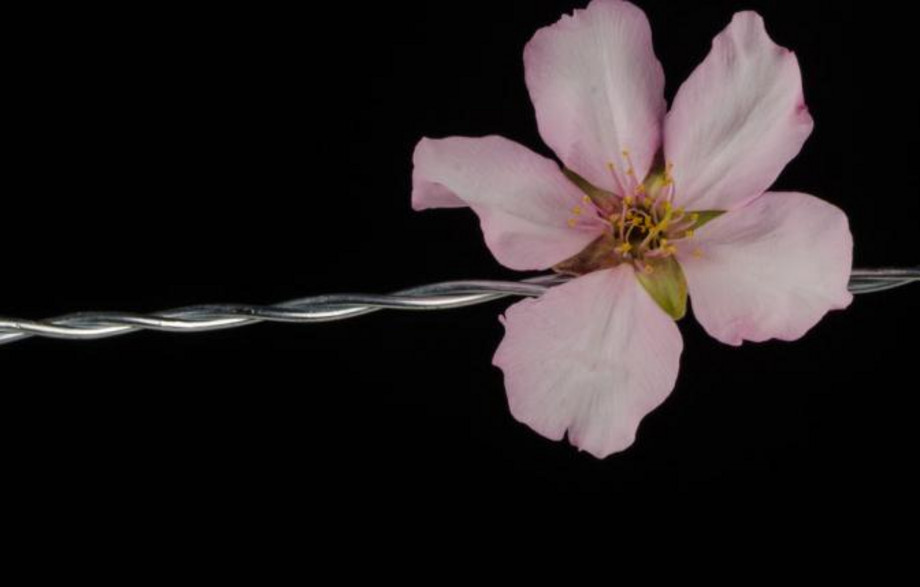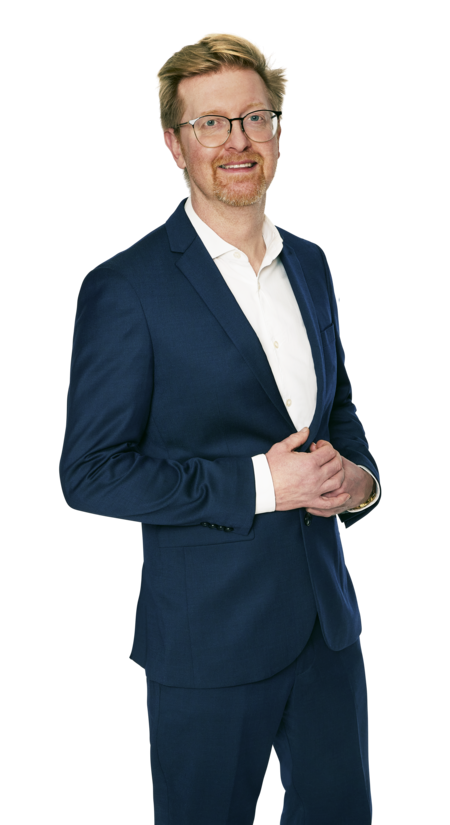Integration project to help vulnerable quota refugees

06.01.2022 l Latest news
VELUX FONDEN grants DKK 7 million for a new project to help newly arrived quota refugees and generate overall knowledge about their inclusion in Danish communities. The project is a collaboration between researchers at Aarhus University, VIVE, the Danish Refugee Council and Danish municipalities.
In 2021, Denmark again received UN quota refugees. At the end of the year, the first of the 400 single Congolese mothers and children to arrive in the country in 2021-2022 arrived. They are a very vulnerable group of people who have lived in refugee camps in Rwanda for many years and have limited schooling and traumatic experiences.
The project “Reorientation of integration: Family-to-family as a model for Congolese UN quota refugees in Denmark”. The project will receive a six-year grant of DKK seven million under VELUX FONDEN’s humanities area:
“Research in the humanities plays a crucial role in solving society's biggest challenges. The project is a peer-reviewed strong scientific example of what the foundation considers an important key to that role: Close collaboration between the researchers' and practice professionals’ disciplines across different research institutions, state, municipalities and civil society. By joining forces, they can accomplish complicated challenges and improve life situations for people,” says Head of programme Henrik Tronier from VELUX FONDEN.
New life with small and large challengesWhen quota refugees arrive in Denmark, they are distributed in municipalities all over the country. They do not get a ‘transit period’ in the asylum system, as they go directly to their new home municipalities with all the challenges this entails for them and for the stakeholders who contribute to their integration and new life in Denmark:
... people designated by the UN Refugee Agency (UNHCR) as refugees with special needs for protection and resettlement; for instance because they are in overcrowded camps in the immediate vicinity of a conflict where they risk abuse without the prospect of being able to return to their country of origin. Under the UNHCR resettlement programme, the refugees are transferred to a safe third country that has agreed to accept them.
Each year, less than 1% of the world’s refugees are recommended and accepted for resettlement as quota refugees. Denmark has received around 500 quota refugees annually for many years – except for 2016-2020, when only a few quota refugees came to the country.
“The Congolese mothers and children differ significantly from other refugees in that they come directly from a UN refugee camp in Rwanda. We can all imagine what an upheaval it must be to land in Denmark and be transported to your new home municipality in order to start a completely new life there the very next day. How do you learn the language, get a new home, friends and a job? And how do you learn everyday routines like making packed lunches and following your children’s school activities in the Aula system? The project allows us to understand from day one the small and large challenges associated with building a new life. This knowledge will be useful if there are more quota refugees,” says Professor MSO Mikkel Rytter from Aarhus University, who is to head the project.
The project is a combined research and practice project in collaboration between researchers from the Department of Anthropology at Aarhus University and VIVE – the Danish Center for Social Science Research – and the main stakeholders in the integration of quota refugees: DRC, the Danish Refugee Council, and Danish municipalities. The project will monitor the new lives of the Congolese quota refugees in Danish local communities – partly through close ethnographic studies of the families’ everyday lives, partly through register data offering a more general description of the group’s entry points to the Danish society.
Volunteer families assistThe Danish Refugee Council and the research team will launch a ‘family-to-family’ action where volunteer families are matched with Congolese families:
“The quota refugees are embraced by various municipal integration efforts, labour market programmes and activities of local volunteer groups, all of whom want to help them on their way. The project’s ‘family-to-family’ model is how we propose to further develop the family-oriented networking initiatives that already exist among our volunteers. We will examine specifically what resources and opportunities quota refugees get in their daily life by being matched with local volunteer families,” says Mette Blauenfeldt from the Danish Refugee Council.
The model is based on the Danish Refugee Council’s experience with network families, and the effort will be monitored and continuously evaluated and improved. The experience from the project will be passed on to Danish municipalities and the Danish Refugee Council’s volunteer groups all over the country. The aim is to use the methods when receiving other quota refugees.
